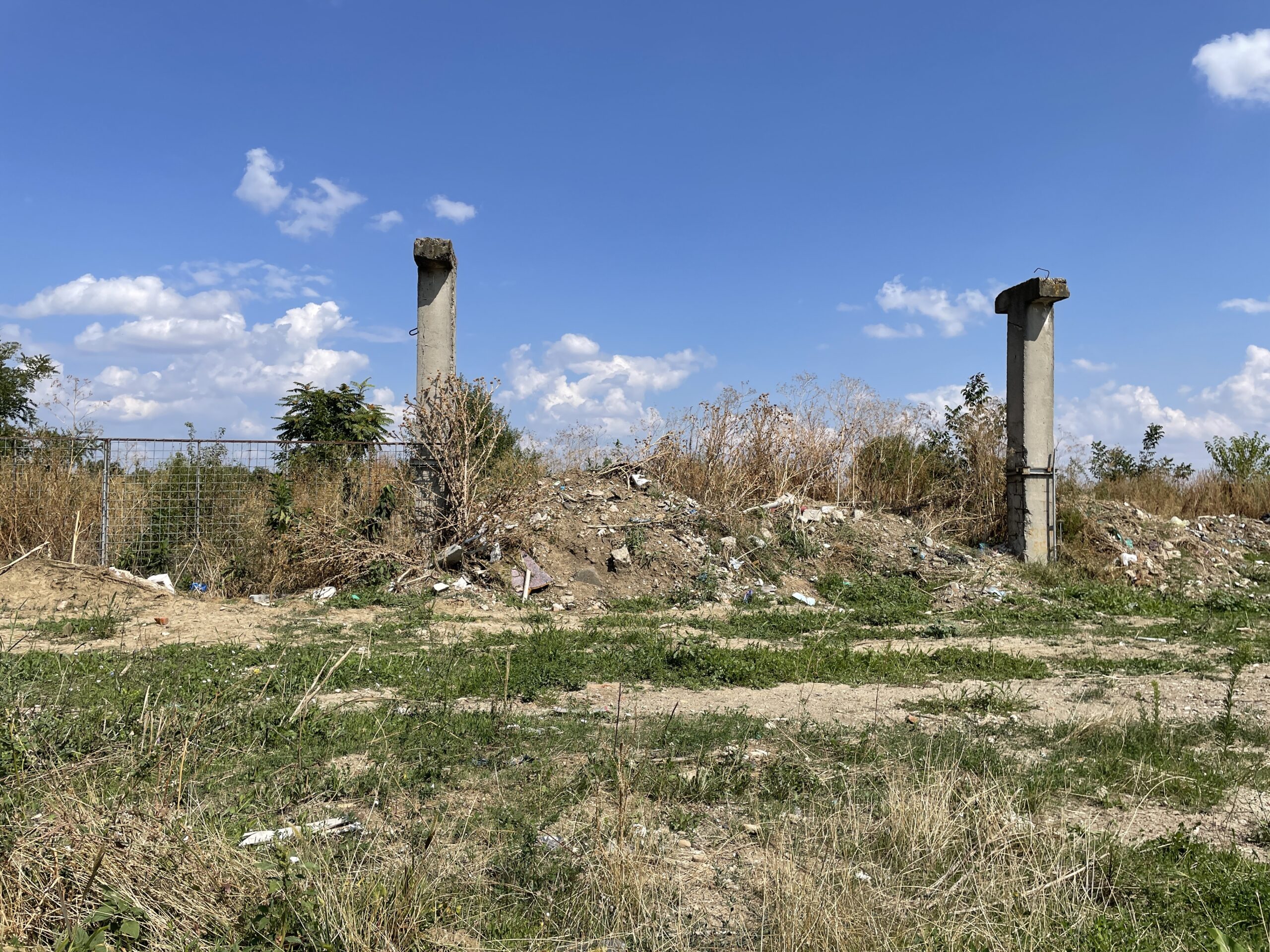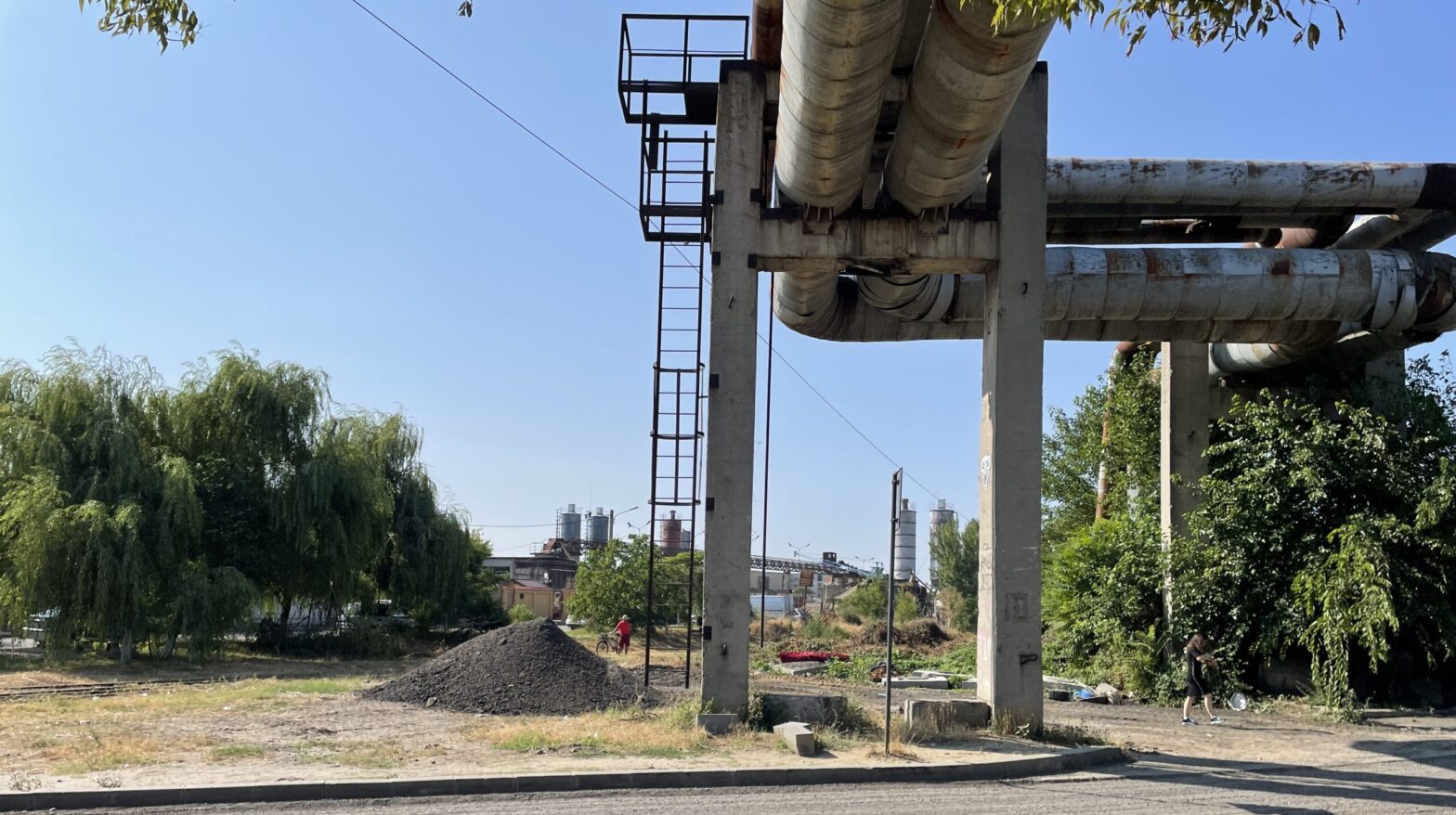
REDURB investigates real estate development as a product of the dismantlement of really existing socialism, and of the state-led processes creating market economy, but as well as a constitutive factor of capitalism and of a neoliberal accumulation regime in an Eastern periphery.
Class formation and re-urbanization through real estate development at an Eastern periphery of global capitalism
The research addresses real estate development from a perspective arising at the crossroads of:
- urban sociology on city redevelopment creating socio-spatial inequalities;
- critical urban theory on the role of urbanization in capital accumulation and the entrepreneurial city
- regulation theory on how the state contributes to the formation of different regimes of capitalism.
The location of the empirical research is in Romania, but a contextual analysis of real estate development in contemporary global capitalism will be also completed.
The originality of the proposal consists in inquiring real estate development as a product of the dismantlement of really existing socialism, and of state-led processes creating market economy, but as well as a constitutive factor of capitalism and of a neoliberal accumulation regime in an Eastern periphery.
The multi-method empirical research employed produces different sorts of necessary data to be interpreted via the adopted political economy approach. A particular understanding of case study research enables this investigation to use the empirical material collected in eight cities as illustrations of larger processes.
The research is testing a new concept, that of subordinate real estate development under conditions of semi-peripherality, and will observe if it has similarities with subordinate financialization already studied in the field.
OBJECTIVES
- To address the processes that acted as conditions for the appearance of real estate development in Romania, as a semi-periphery of the contemporary globalized and financialized capitalism:
- the dismantlement of socialist industries;
- the transformation of the housing regime;
- the changing role of the state in urban development.
2. To interpret the role of real estate development in:
- the creation of the capitalist class (the developers, in this case);
- the production of social hierarchies and inequalities between different status groups within the working class;
- increasing spatial polarization and unevenness in the cities;
- the transformation of the built urban environment into an asset for financial investment and a source of capital accumulation;
- the re-urbanization of former socialist cities according to the logic of profit-making.
3. To reveal the interdependencies between:
- real estate development;
- entrepreneurial urban governance;
- privatized urban planning.
PROJECT TEAM
Project director, prof. Enikő Vincze
Senior researcher, Dr. Sorin Gog
Senior researcher, Dr. Ioana Florea
Senior researcher, Dr. Ioana Vlad
Junior researcher, Dr. George Iulian Zamfir
Junior researcher, Mihail Dumitriu, PhD Student
Junior researcher, Marina Mironica
Junior researcher, Livia Pancu
Senior researcher and scientific consultant, prof. Manuel Aalbers
The research is funded by UEFISCDI's "Exploratory research projects",code PN-III-P4-ID-PCE-2020-1730.
